This is a bit of a dicey question, as the differences between two psychotherapists (which we will also call “therapists” in this post) or two coaches may be greater than the difference between a coach and a therapist, depending on who they are. Hopefully no two coaches or therapists are alike, and if they are, they just may be robots.
It’s hard to make gross generalizations, and there is a great deal of overlap between therapy and coaching.
That being said, coaching is not therapy, and it is important to make that distinction.
Many coaches say that therapy focuses on the past whereas coaching focuses on the future.
As a proactive therapist who helps clients work toward a better future, I couldn’t disagree with that more.
Yes, there are some forms of therapy that focus more on the past than others, but there are many present, here-and-now models of therapy such as Emotionally Focused Therapy that take into consideration the past but attend to the present, which translates to a better future.
A bit on therapy
Therapy is typically the process of choice for someone who is struggling with a mental health problem, such as depression, anxiety or problems adjusting to a life trauma of some kind. If there is healing to be done, therapy is a great way to achieve it.
Further, insurance companies will most likely pay in part for therapy focused on an individual if someone has a mental health diagnosis, as therapy has been demonstrated to help manage or “cure” that diagnosis.
Psychotherapists have extensive training in mental health and how to help people with mental health problems.
Therapy is also a highly relational process, helping people achieve better relationships, understand why they may have problematic relationship patterns, and how to change those patterns.
Some therapists have training in family systems theory and have a rich understanding of family dynamics and interpersonal patterns. Many of those who are trained to work with couples do a great job helping couples through rough patches in their relationships and are the go-to people if such relationships cause severe distress.
To have a license to practice psychotherapy, one must go through a credentialing process and take a test, hold a graduate degree in their field, and stick to a code of ethics that maintains the integrity of the profession. Psychotherapy is regulated to protect the public.
In the U.S., psychotherapists hold state-specific licenses. A therapist may hold a license in more than one state, but it is more common for therapists to be licensed in just one state. Therapists cannot practice outside of the state in which they are licensed.
A bit on coaching
Coaching is a bit different than therapy in that there is no regulatory body that oversees coaches, such as a state licensing board. One does not need a graduate degree to call themselves a coach, nor do coaches hold coaching licenses.
That being said, coaching can be very effective, if you’re working with the right person.
Many, if not most coaches choose to become educated in some form of coaching through a program, be it life coaching, executive coaching or relationship coaching. Even though there is no regulatory board, some people can be really good at what they do without having to prove it.
Let’s face it, quacks exist as therapists and quacks exist as coaches
No licensing board can totally protect you against quacks.
Even so, you may be more likely to find them within the coaching field as there really no hoops to jump through in order to call yourself a coach, whereas many therapists go through rigorous training before earning their licenses to practice.
Regardless of whether it makes sense for you to see a coach or a therapist, you should sniff out whoever it is that you are seeing to ensure that you feel comfortable with them and that you trust they know what they are doing.
If you’re not experiencing a mental health problem, but feel you still need a little help or guidance with your life or your relationship, coaching may be for you.
Coaches are often said to be generally more proactive than therapists (but that depends upon the therapist as many are proactive), and coaches might more readily give advice and concrete guidance than therapists.
There are specialized types of coaches as well, just like there are specialized types of therapists. If you’re a professional and your career is in need of some help, an executive coach will likely be more helpful to you than a type of therapist known as a psychoanalyst (depending on what is going on, of course).
If you are interested in enhancing your relationship, a couples therapist can certainly help you with that, but you might be better off with a relationship coach because you want to see someone in another state or online.
Any good coach or therapist knows their limitations
I, for example, know that I cannot coach parents. I have very little training in parenting, and I haven’t worked with kids for years. If I started seeing a couple as a therapist and their problems were really around parenting and discipline, etc., I would know to refer to a psychologist or coach who specialized in working with parents around these issues.
Any coach should know to refer to a therapist when their client has a mental health problem. From my understanding, most of them do.
So who should I see about my relationship problems, a coach or a therapist?
If there are any mental health problems that you or your partner struggle with, see a therapist.
If you are interested in making improvements in your relationship and neither one of you is in a great deal of distress, a couples therapist or a relationship coach may be able to help.
If you would prefer to see someone outside of your state by doing work “online,” you’ll probably be more apt to have luck finding a relationship coach as many therapists do not do this kind of work (though some do, and more and more probably will be in the future).
Got it?
Let me know if you have any questions. Every situation is unique, and a lot of these lines are blurry.
I am here to help you.
Due to a high demand among my awesome community, as of today, August 1, 2013, I will be opening my “doors” to relationship coaching.
I am super excited about this and will be saying more in weeks to come.
Please drop me a note: jenev@mybestrelationship.com if you have any questions or would like to learn more and I will be sure to respond to each and every one of you personally.
Cheers to your best relationship,


 Loading...
Loading...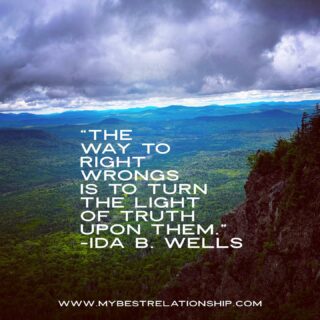

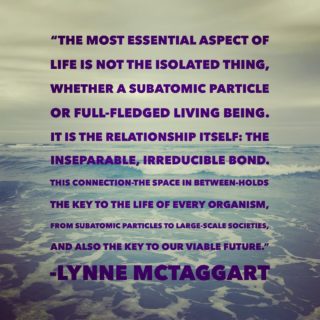


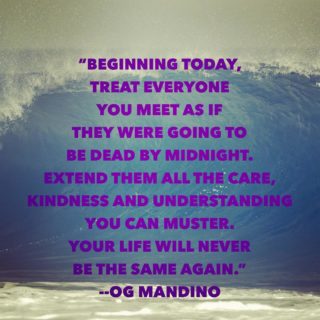
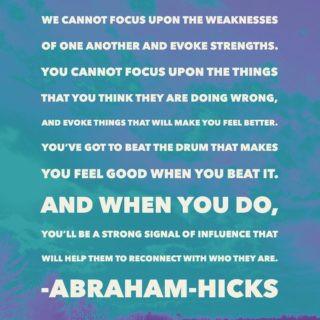

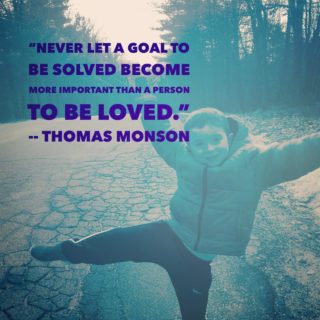




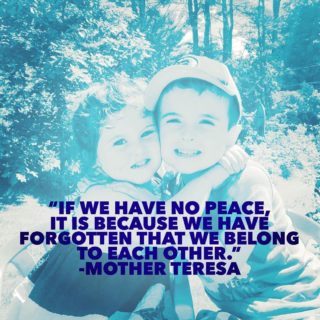
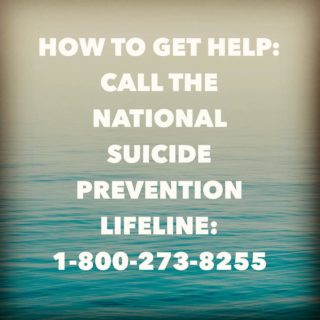
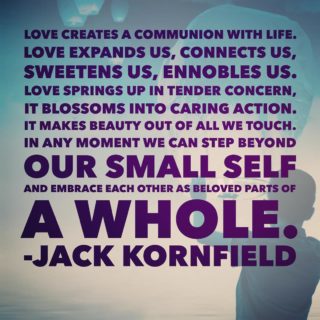
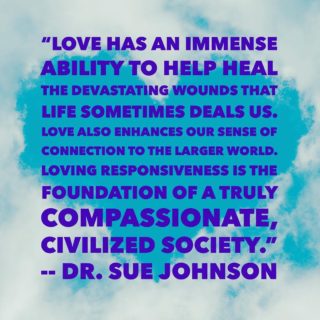
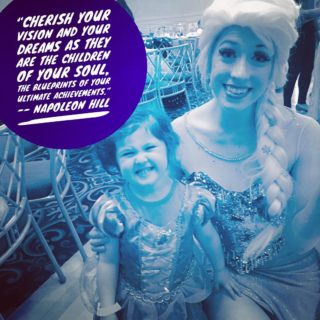
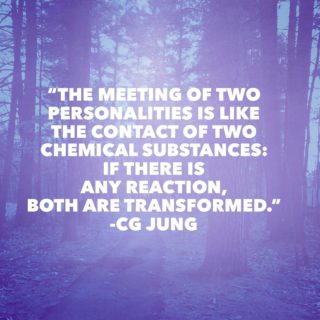
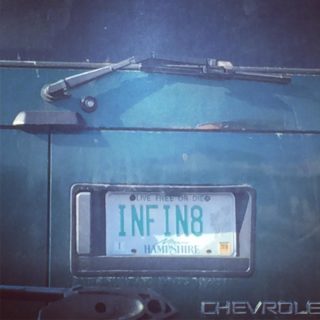
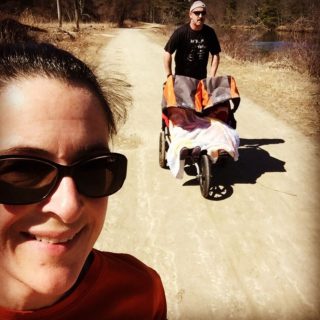
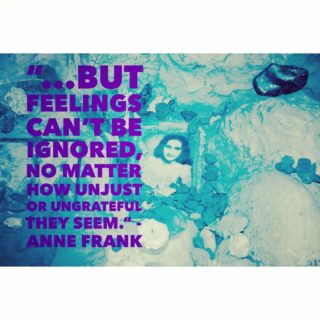
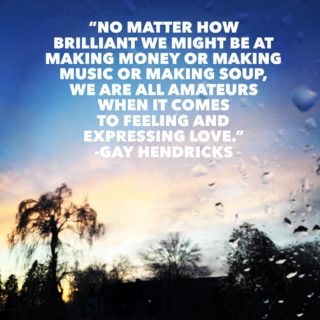

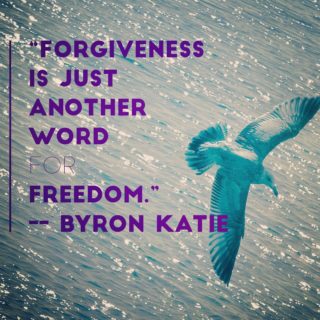






Leave a Reply